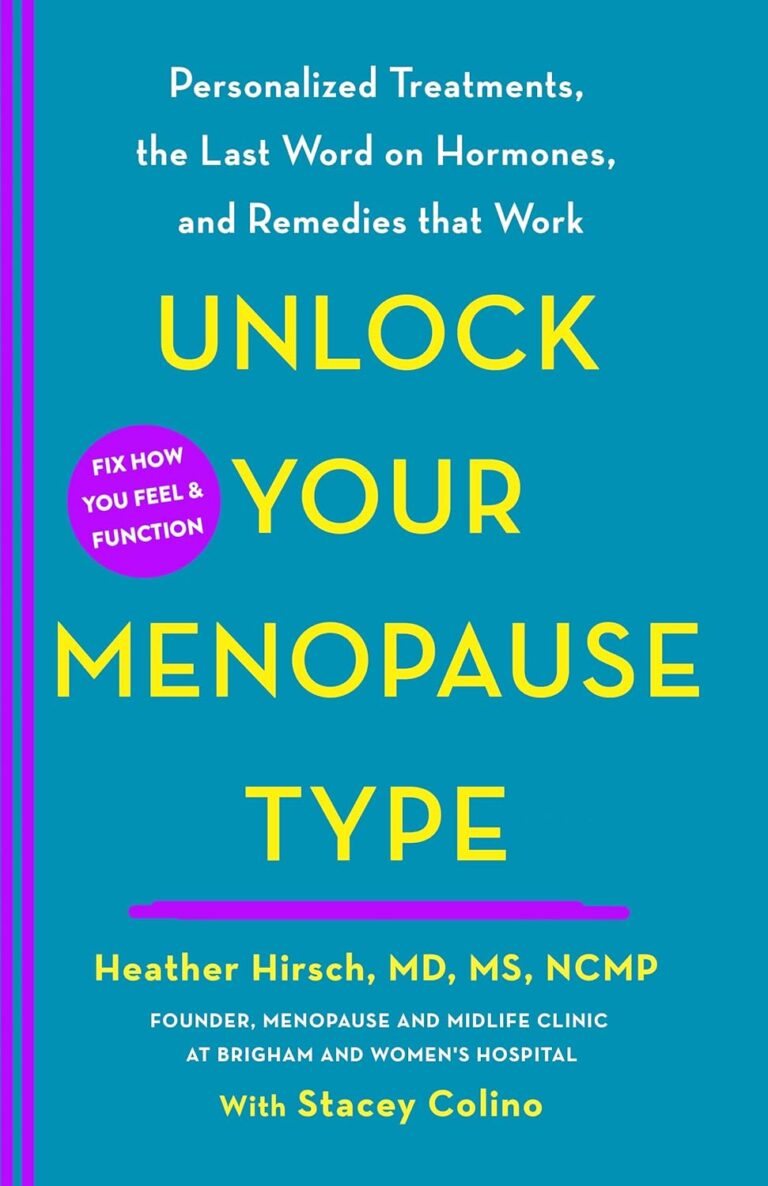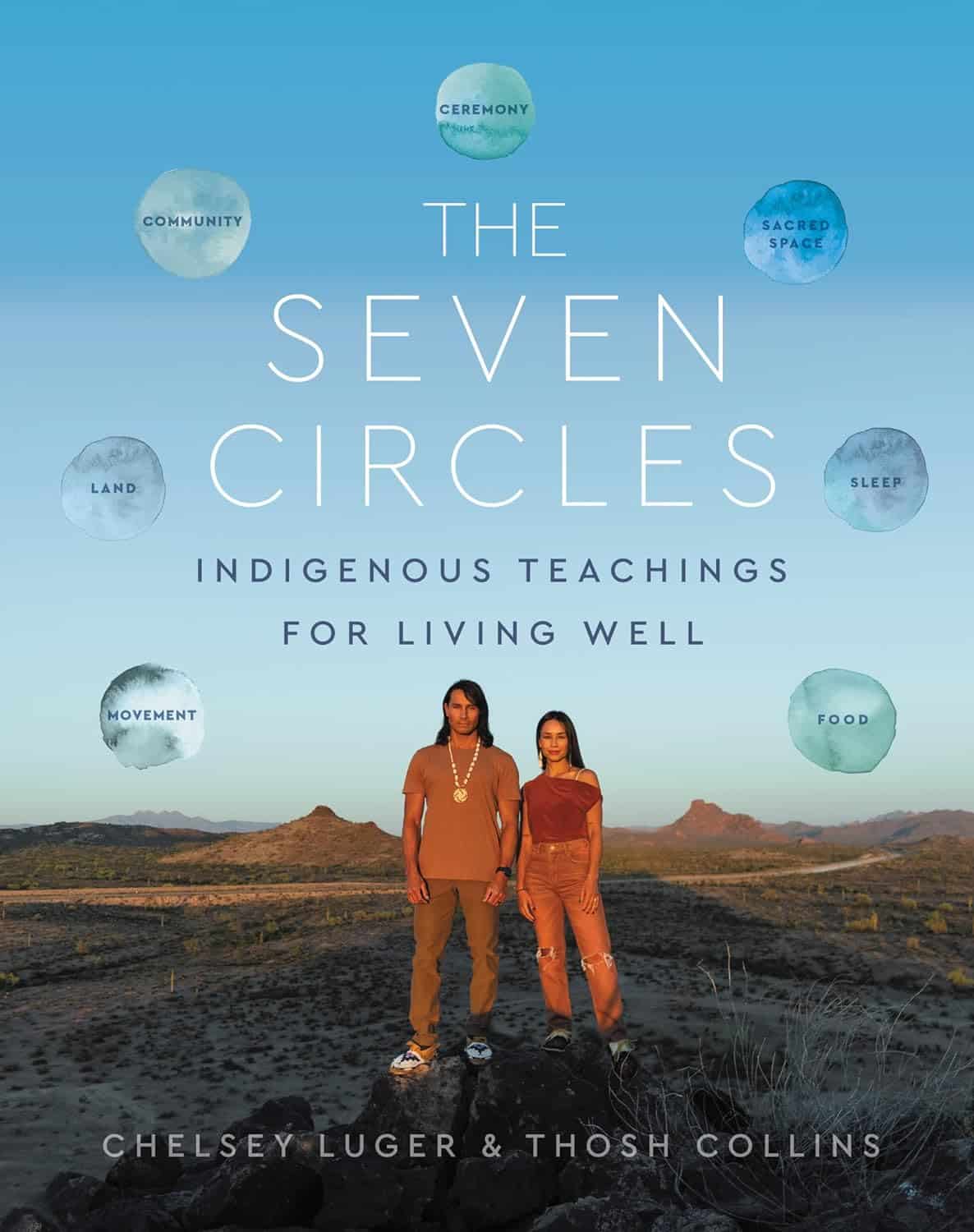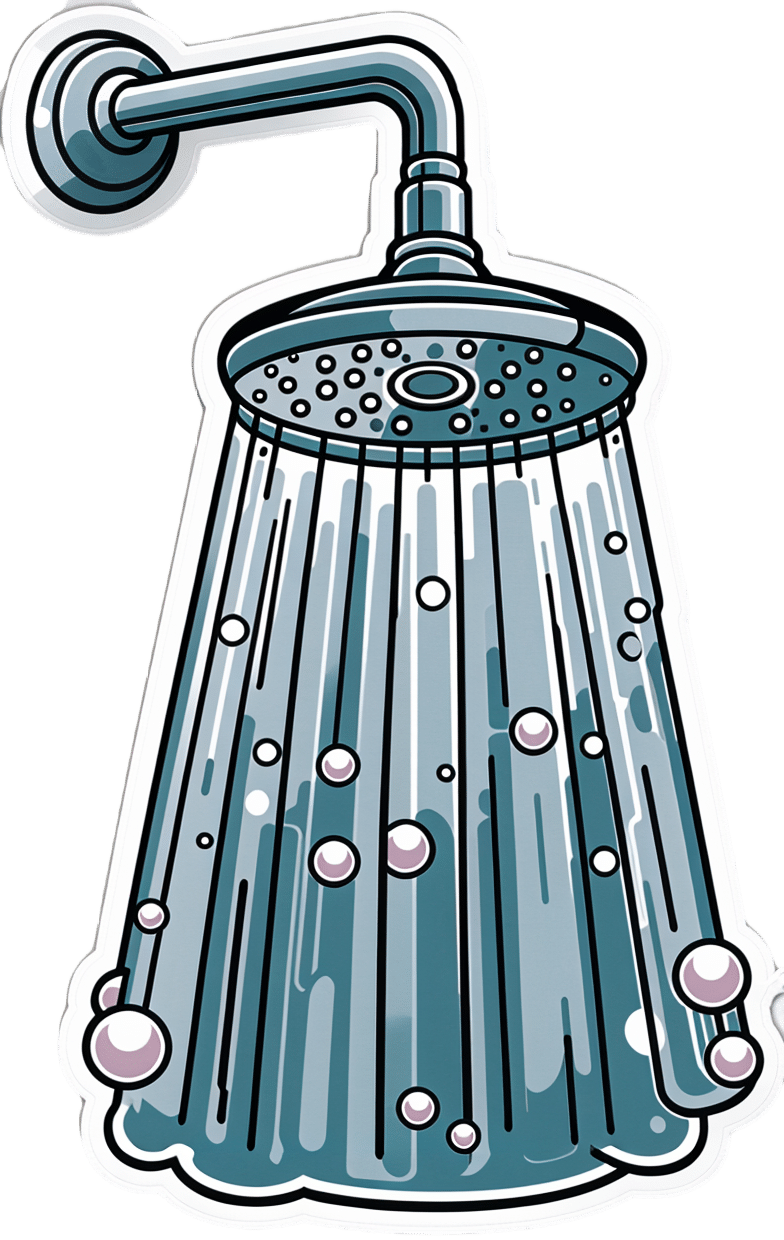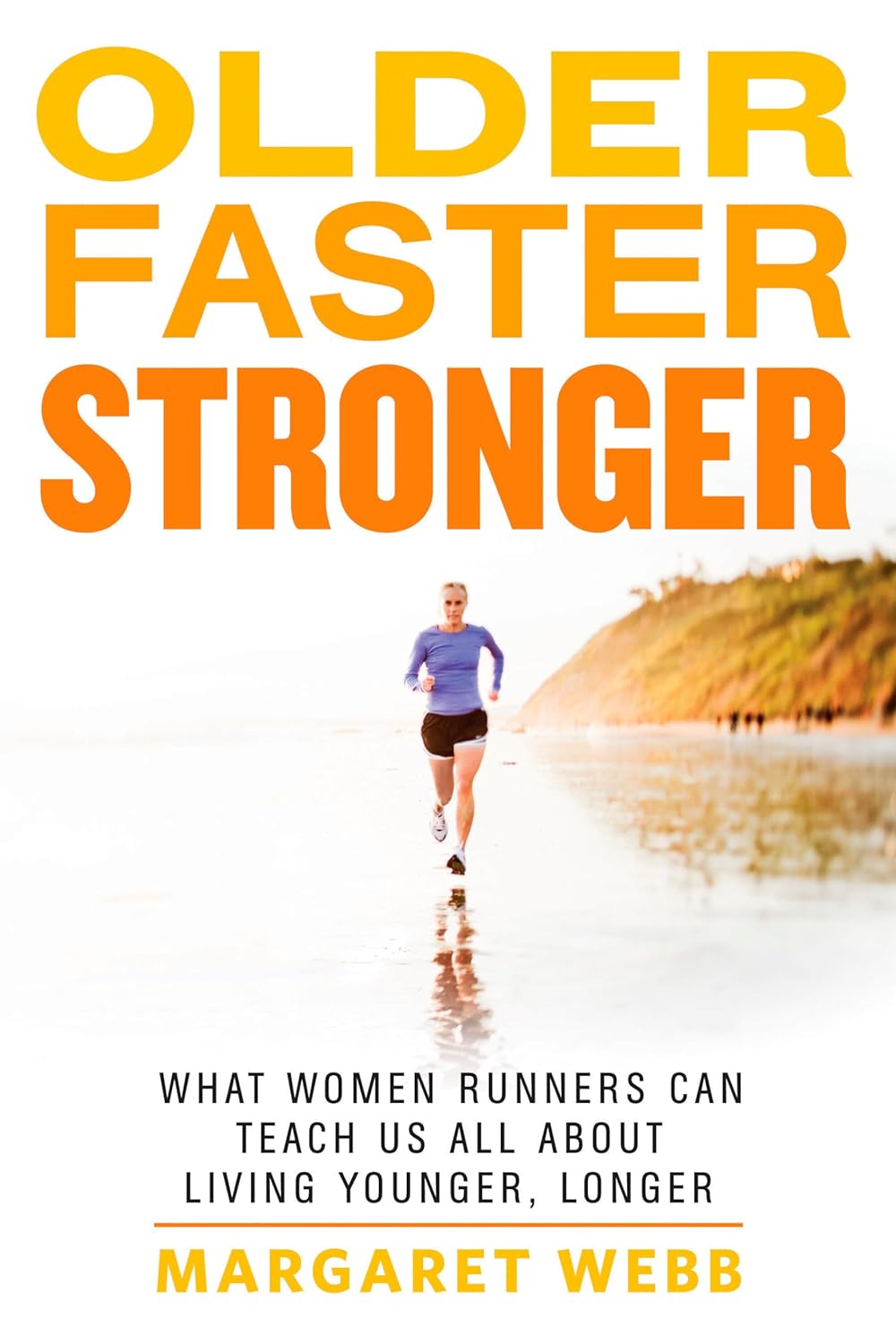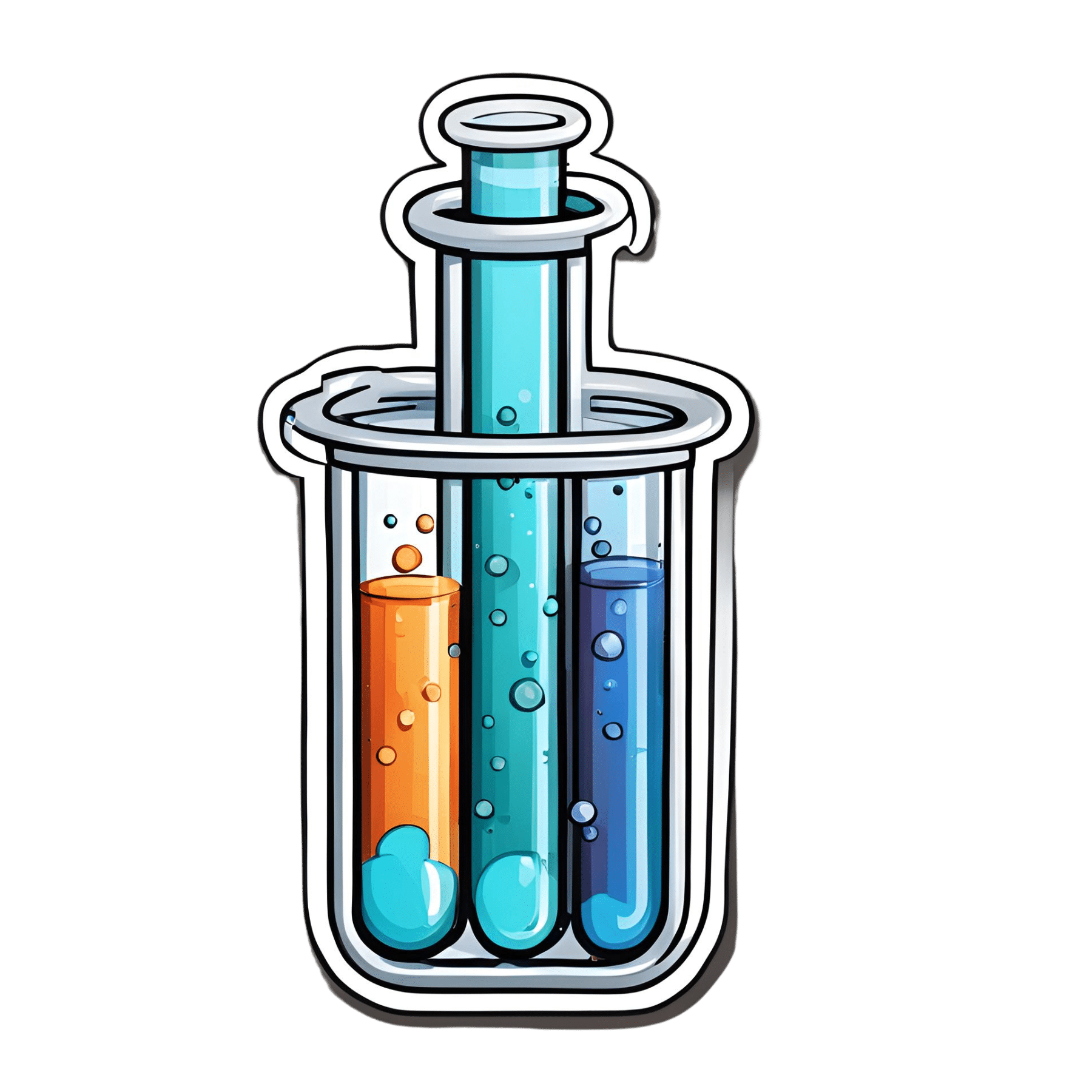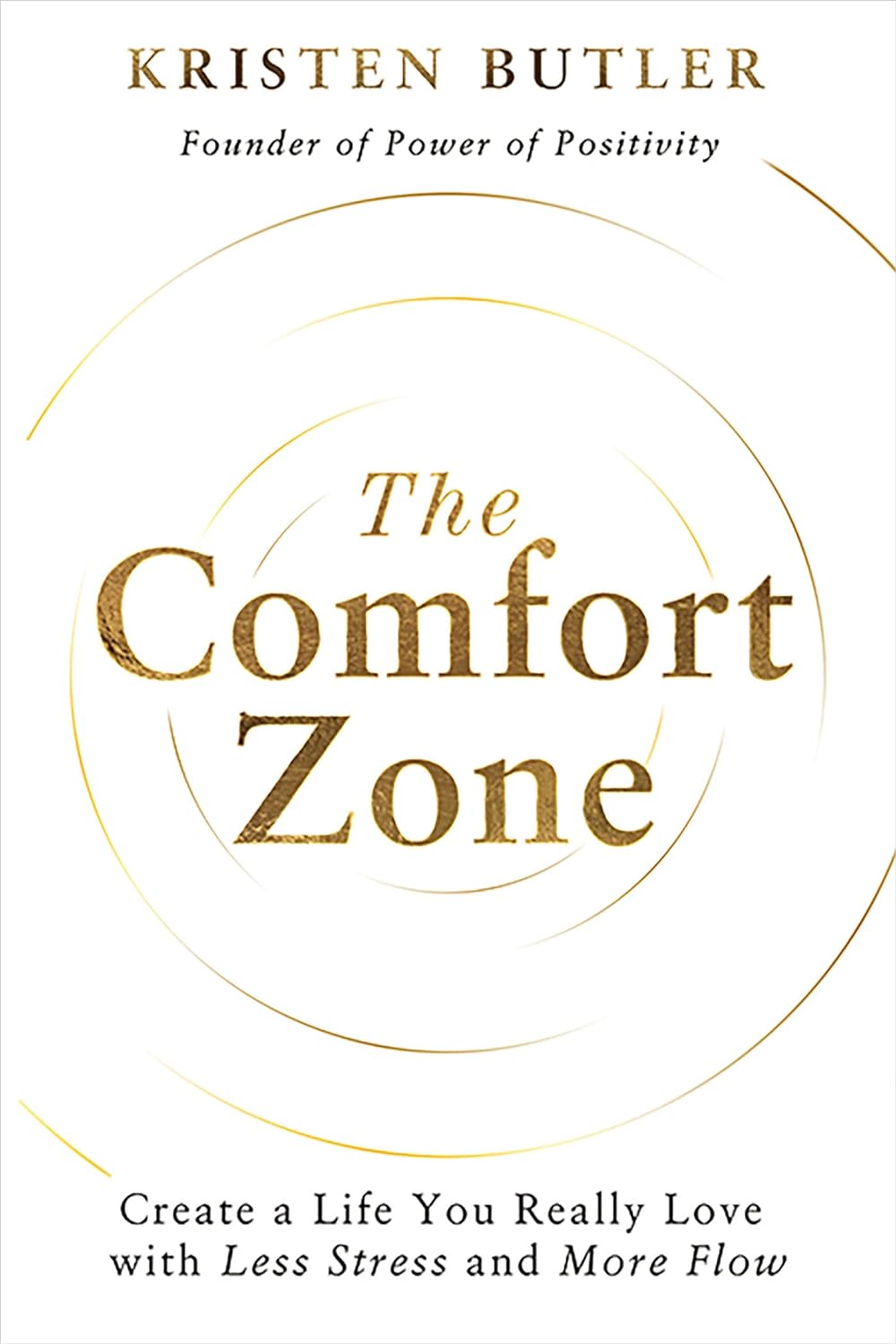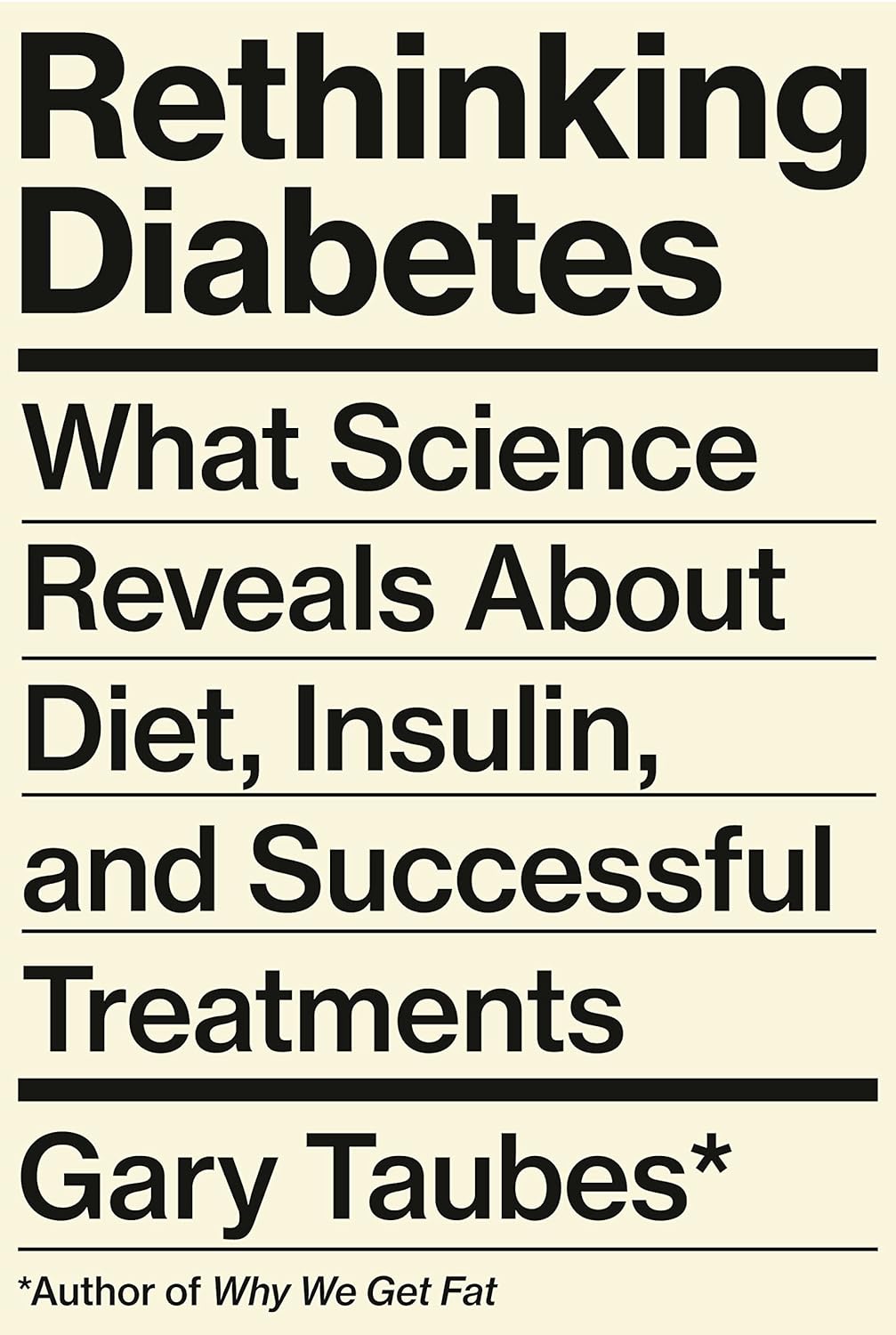
Rethinking Diabetes – by Gary Taubes
10almonds is reader-supported. We may, at no cost to you, receive a portion of sales if you purchase a product through a link in this article.
We’ve previously reviewed this author’s “The Case Against Sugar” and “Why We Get Fat And What To Do About It“. There’s an obvious theme, and this book caps it off nicely:
By looking at the history of diabetes treatment (types 1 and 2) in the past hundred years, and analysing the patterns over time, we can see how:
- diabetics have been misled a lot over time by healthcare providers
- we can learn from those mistakes going forwards
Happily, he does this without crystal-balling the future or expecting diet to fix, for example, a pancreas that can’t produce insulin. But what he does do is focus on the “can” items rather than the “can’t” items.
In the category of criticism, one of the strategies he argues for is basically the keto diet, which is indeed just fine for diabetes but often not great for the heart in the long-term (it depends on various factors, including genes). However, even if you choose not to implement that, there is plenty more to try out in this book.
Bottom line: whether you have diabetes, love someone who does, or just plain like to be on top of your glycemic health, this book is full of important insights and opportunities to improve things progressively along the way.
Click here to check out Rethinking Diabetes, and rethink diabetes!
Don’t Forget…
Did you arrive here from our newsletter? Don’t forget to return to the email to continue learning!
Recommended
Learn to Age Gracefully
Join the 98k+ American women taking control of their health & aging with our 100% free (and fun!) daily emails:
-
The Seven Circles – by Chelsey Luger & Thosh Collins
10almonds is reader-supported. We may, at no cost to you, receive a portion of sales if you purchase a product through a link in this article.
At first glance, this can seem like an unscientific book—you won’t find links to studies in this one, for sure! However, if we take a look at the seven circles in question, they are:
- Food
- Movement
- Sleep
- Ceremony
- Sacred Space
- Land
- Community
Regular 10almonds readers may notice that these seven items contain five of the things strongly associated with the “supercentenarian Blue Zones”. (If you are wondering why Native American reservations are not Blue Zones, the answer there lies less in health science and more in history and sociology, and what things have been done to a given people).
The authors—who are Native American, yes—present in one place a wealth of knowledge and know-how. Not even just from their own knowledge and their own respective tribes, but gathered from other tribes too.
Perhaps the strongest value of this book to the reader is in the explanation of noting the size of each of those circles, how they connect with each other, and providing a whole well-explained system for how we can grow each of them in harmony with each other.
Or to say the same thing in sciencey terms: how to mindfully improve integrated lifestyle factors synergistically for greater efficacy and improved health-adjusted quality-of-life years.
Bottom line: if you’re not averse to something that mostly doesn’t use sciencey terms of have citations to peer-reviewed studies peppered through the text, then this book has wisdom that’s a) older than the pyramids of Giza, yet also b) highly consistent with our current best science of Blue Zone healthy longevity.
Share This Post
-
Dates vs Raisins – Which is Healthier?
10almonds is reader-supported. We may, at no cost to you, receive a portion of sales if you purchase a product through a link in this article.
Our Verdict
When comparing dates to raisins, we picked the dates.
Why?
There are benefits for each fruit, but we say dates come out on top. See what you think:
In terms of macros, while they’re both dried fruits, dates contain more water (unless you leave them sitting open for a while), which will tend to mathematically lower the relative percentages of other components because they’re being held against water weight too. However, even though this is the case (i.e. dates are being mathematically disadvantaged), dates contain more than twice the fiber that raisins do (8g/100g compared to raisins’ 3.7g/100g).
While we’re talking macros, dates are also lower in total carbs, as well as obviously net carbs, and have a much lower glycemic index than raisins (dates have a glycemic index of 42, considered low, while raisins have a glycemic index of 64, considered medium; their respective glycemic loads are even more telling: 13 for raisins and just 2 for dates!).
About those carbs… For dates, it’s an approximately equal mix of sucrose, glucose, and fructose, while for raisins it’s 49% glucose and 49% fructose. Because sucrose is the only disaccharide here, this (as well as the fiber difference) is one of the reasons for the different glycemic indices and glycemic loads, since glucose and fructose are more quickly absorbed.
That’s more than we usually write about macros, but in this case, both fruits are ones especially often hit with the “aren’t they full of sugar though?” question, so it was important to cover the critical distinctions between the two, because they really are very different.
Summary of macros: dates win easily in every aspect we looked at
In the category of vitamins, raisins get a tally in their favor. Raisins are higher in vitamins B1, B2, C, E, K, and choline, while dates are higher in vitamins A, B3, B5, and B9, giving raisins a 6:4 lead here. In dates’ defense, the difference in vitamin K is marginal, and it’d make it a 5:4 lead if we considered that within the margin of error (because all these figures are of course based on averages), and the vitamins that dates are higher in, the margins are much wider indeed, meaning that both fruits have approximately the same overall levels of vitamins when looked at in total, but still, we’ll call this category a nominal win for raisins.
When it comes to minerals, dates have more magnesium, selenium, and zinc, while raisins have more copper, iron, phosphorus, and potassium. Nominally that’s a 4:3 lead for raisins, but if we consider that raisins also contain more sodium, it’s more like a tie here. If we have to pick one though, this is a very slight win for raisins.
Adding up the sections, we have one huge win for dates (macros) with two very marginal wins for raisins—hence, we say that dates win out.
Still, of course enjoy both; diversity is good for the health.
Want to learn more?
You might like to read:
Which Sugars Are Healthier, And Which Are Just The Same?
Take care!
Share This Post
-
Should You Shower Daily?
10almonds is reader-supported. We may, at no cost to you, receive a portion of sales if you purchase a product through a link in this article.
It’s Q&A Day at 10almonds!
Have a question or a request? We love to hear from you!
In cases where we’ve already covered something, we might link to what we wrote before, but will always be happy to revisit any of our topics again in the future too—there’s always more to say!
As ever: if the question/request can be answered briefly, we’ll do it here in our Q&A Thursday edition. If not, we’ll make a main feature of it shortly afterwards!
So, no question/request too big or small
❝I read an article that daily showering is “performative” and doesn’t really give any health benefits, what do you say?❞
We looked to find the article you might be referring to, and this seems to be about a BBC article that was then picked up, rehashed in fewer (but more sensational) words, and widely popularized by the New York Post (not the most scholarly of publications, but it seems to have “done numbers”).
Here’s the BBC article:
BBC | There’s no need to shower every day—here’s why
Looking for the science behind the “Experts say…” claims, none of the articles we found linked to any new research. One of them did link to some old (2005) research:
We also see (in the dearth of scholarly research to cite), a Harvard Health article being cited quite a bit, and this is more helpful and informative than the flashy news articles, without requiring to read through a lot of hard science.
To summarize, Harvard’s Dr. Shmerling says daily showering can:
- Cause/worsen dry skin
- Make skin more permeable to pathogens
- Upset our natural balance of bacteria that are supposed to be there
- Weaken our immune system
Read in full: Harvard Health | Showering daily—is it necessary?
But what if I like showering?
Well, don’t let us stop you. But you might consider using less in the way of shower products. We wrote about this previously, in answer to a different-but-related subscriber question:
10almonds | Body Scrubs: Benefits, Risks, and Guidance
PS…
Handwashing, though? Most people could reasonably do that more often:
Would you like this section to be bigger? If so, send us more questions!
Share This Post
Related Posts
-
Older, Faster, Stronger – by Margaret Webb
10almonds is reader-supported. We may, at no cost to you, receive a portion of sales if you purchase a product through a link in this article.
The author, now in her 60s, made it her mission in her 50s to become the best runner she could. Before that, she’d been a keen runner previously, but let things slip rather in her 40s. But the book’s not about her 40s, it’s about her 50s and onwards, and other female runners in their 50s, 60s, 70s, 80s, and even 90s.
There’s a lot of this book that’s about people’s individual stories, and those should certainly be enough to prompt almost any reader that “if they can do it, I can”.
A lot, meanwhile, is about health and exercise science, training methods, and what has worked for various later-life athletes, including the author. So, it’s also partway instruction manual, with plenty of reference to science and medical considerations too.
Bottom line: sometimes, life throws us challenges. Sometimes, the best response is “Yeah? Bet” and surprise everyone.
Click here to check out Older, Faster, Stronger, and become all those cool things!
Don’t Forget…
Did you arrive here from our newsletter? Don’t forget to return to the email to continue learning!
Learn to Age Gracefully
Join the 98k+ American women taking control of their health & aging with our 100% free (and fun!) daily emails:
-
Semaglutide’s Surprisingly Unexamined Effects
10almonds is reader-supported. We may, at no cost to you, receive a portion of sales if you purchase a product through a link in this article.
Semaglutide’s Surprisingly Big Research Gap
GLP-1 receptor agonists like Ozempic, Wegovy, and other semaglutide drugs. are fast becoming a health industry standard go-to tool in the weight loss toolbox. When it comes to recommending that patients lose weight, “Have you considered Ozempic?” is the common refrain.
Sometimes, this may be a mere case of kicking the can down the road with regard to some other treatment that it can be argued (sometimes even truthfully) would go better after some weight loss:
How weight bias in health care can harm patients with obesity: Research
…which we also covered in fewer words in the second-to-last item here:
But GLP-1 agonists work, right?
Yes, albeit there’s a litany of caveats, top of which are usually:
- there are often adverse gastrointestinal side effects
- if you stop taking them, weight regain generally ensues promptly
For more details on these and more, see:
…but now there’s another thing that’s come to light:
The dark side of semaglutide’s weight loss
In academia, “dark” is often used to describe “stuff we don’t have much (or in some cases, any) direct empirical evidence of, but for reasons of surrounding things, we know it’s there”.
Well-known examples include “dark matter” in physics and the Dark Ages in (European) history.
In the case of semaglutide and weight loss, a review by a team of researchers (Drs. Sandra Christenen, Katie Robinson, Sara Thomas, and Dominique Williams) has discovered how little research has been done into a certain aspect of GLP-1 agonist’s weight loss effects, namely…
Dietary changes!
There’s been a lot of popular talk about “people taking semaglutide eat less”, but it’s mostly anecdotal and/or presumed based on parts of the mechanism of action (increasing insulin production, reducing glucagon secretions, modulating dietary cravings).
Where studies have looked at dietary changes, it’s almost exclusively been a matter of looking at caloric intake (which has been found to be a 16–39% reduction), and observations-in-passing that patients reported reduction in cravings for fatty and sweet foods.
This reduction in caloric intake, by the way, is not significantly different to the reduction brought about by counselling alone (head-to-head studies have been done; these are also discussed in the research review).
However! It gets worse. Very few studies of good quality have been done, even fewer (two studies) actually had a registered dietitian nutritionist on the team, and only one of them used the “gold standard” of nutritional research, the 24-hour dietary recall test. Which, in case you’re curious, you can read about what that is here:
Dietary Assessment Methods: What Is A 24-Hour Recall?
Of the four studies that actually looked at the macros (unlike most studies), they found that on average, protein intake decreased by 17.1%. Which is a big deal!
It’s an especially big deal, because while protein’s obviously important for everyone, it’s especially important for anyone trying to lose weight, because muscle mass is a major factor in metabolic base rate—which in turn is much important for fat loss/maintenance than exercise, when it comes to how many calories we burn by simply existing.
A reasonable hypothesis, therefore, is that one of the numerous reasons people who quit GLP-1 agonists immediately put fat back on, is because they probably lost muscle mass in amongst their weight loss, meaning that their metabolic base rate will have decreased, meaning that they end up more disposed to put on fat than before.
And, that’s just a hypothesis and it’s a hypothesis based on very few studies, so it’s not something to necessarily take as any kind of definitive proof of anything, but it is to say—as the researchers of this review do loudly say—more research needs to be done into this, because this has been a major gap in research so far!
Any other bad news?
While we’re talking research gaps, guess how many studies looked into micronutrient intake changes in people taking GLP-1 agonists?
If you guessed zero, you guessed correctly.
You can find the paper itself here:
What’s the main take-away here?
On a broad, scoping level: we need more research!
On a “what this means for individuals who want to lose weight” level: maybe we should be more wary of this still relatively new (less than 10 years old) “wonder drug”. And for most of those 10 years it’s only been for diabetics, with weight loss use really being in just the past few years (2021 onwards).
In other words: not necessarily any need to panic, but caution is probably not a bad idea, and natural weight loss methods remain very reasonable options for most people.
See also: How To Lose Weight (Healthily!)
Take care!
Don’t Forget…
Did you arrive here from our newsletter? Don’t forget to return to the email to continue learning!
Learn to Age Gracefully
Join the 98k+ American women taking control of their health & aging with our 100% free (and fun!) daily emails:
-
The Comfort Zone – by Kristen Butler
10almonds is reader-supported. We may, at no cost to you, receive a portion of sales if you purchase a product through a link in this article.
Are you sitting comfortably? Then we’ll begin. Funny, how being comfortable can be a good starting point, then we are advised “You have to get out of your comfort zone”.
And yet, when we think of our personal greatest moments in life, they were rarely uncomfortable moments. Why is that?
Kristen Butler wants us to resolve this paradox, with a reframe:
The comfort zone? That’s actually the “flow” zone.
Just as “slow and steady wins the race”, we can—like the proverbial tortoise—take our comfort with us as we go.
The discomfort zone? That’s the stress zone, the survival zone, the “putting out fires” zone. From the outside, it looks like we’re making a Herculean effort, and perhaps we are, but is it actually so much better than peaceful consistent productivity?
Butler writes in a way that will be relatable for many, and may be a welcome life-ring if you feel like you’ve been playing catch-up for a while.
Is she advocating for complacency, then? No, and she discusses this too. That “complacency zone” is really the “burnout zone” after being in the “survival zone” for too long.
She lays out for us, therefore, a guide for growing in comfort, expanding the comfort zone yes, but by securely pushing it from the inside, not by making a mad dash out and hoping it follows us.
Bottom line: if you’ve been (perhaps quietly) uncomfortable for a little too long for comfort, this book can reframe your approach to get you to a position of sustainable, stress-free growth.
Click here to check out The Comfort Zone, and start building yours!
Don’t Forget…
Did you arrive here from our newsletter? Don’t forget to return to the email to continue learning!
Learn to Age Gracefully
Join the 98k+ American women taking control of their health & aging with our 100% free (and fun!) daily emails:

